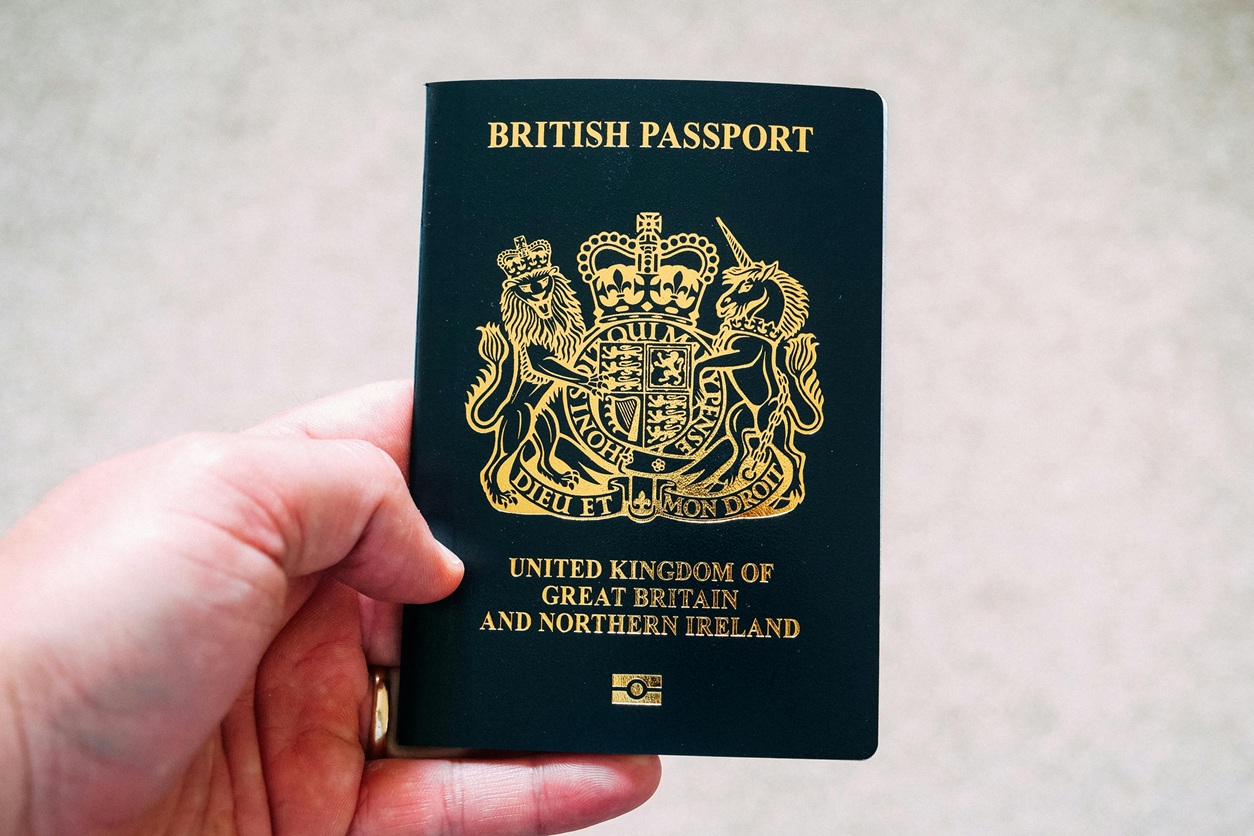In today’s interconnected world, businesses no longer operate within borders. Global expansion is the norm—and one of the key tools companies use to move their workforce internationally is the Intra-Company Transfer (ICT). But what does “intra company transfer” really mean, and how does it work in practice?
Let’s break it down.
What Is the Meaning of Intra Company Transfer?
The intra company transfer meaning refers to the process by which a company moves an existing employee from one of its offices in a foreign country to a branch, subsidiary, or affiliate in another country—commonly for specialised roles or managerial positions.
This type of transfer is especially relevant for multinational companies who need to move talent across borders without hiring externally. It promotes business continuity, knowledge transfer, and growth.
How Does an Intra-Company Transfer Work?
In most cases, the receiving country offers a specific ICT visa, allowing eligible employees to live and work in that country for a fixed duration. For example, in the UK, the ICT visa (now largely integrated into the Skilled Worker route) used to facilitate such transfers.
Here’s a simplified breakdown of how the process typically works:
-
Employer Initiates Transfer
The company identifies a need for an employee to work in the overseas office. -
Eligibility Check
The employee must meet certain requirements, such as time spent with the company, role type, salary threshold, and skills. -
Visa Application
The employee applies for a visa under the ICT or related category. -
Approval & Relocation
Upon approval, the employee relocates and starts work in the new country, usually for 1 to 5 years.
Key Benefits of Intra-Company Transfers
-
Talent Mobility
Businesses can move trusted talent where it’s needed most, ensuring consistent performance and leadership. -
Knowledge Sharing
Employees carry institutional knowledge and best practices across borders, strengthening the global team. -
Faster Onboarding
Compared to hiring locally, transferring an existing employee cuts training time and speeds up productivity. -
Employee Growth
International experience boosts career development and employee satisfaction.
UK’s Approach to Intra Company Transfers
The UK has been a major destination for intra-company transfers due to its robust legal and economic infrastructure. Although the traditional ICT visa has evolved, professionals can still transfer under the Global Business Mobility and Skilled Worker routes.
Employers must be licensed sponsors, and roles must meet certain salary and skill requirements. For the most accurate and up-to-date information, always consult a qualified immigration solicitor.
Common Questions
Is an intra-company transfer the same as relocation?
Not exactly. While relocation refers to the physical move, ICT is a legal route to make the move possible through work visas.
Can family members join the employee?
Yes, most ICT visas allow dependents to accompany the primary visa holder.
How long can I stay on an intra-company transfer?
It depends on the visa rules of the country. In the UK, it used to be up to 5 years, subject to salary thresholds and role type.
Final Thoughts
Understanding the intra company transfer meaning is crucial for both employers and employees operating in a global marketplace. It opens doors for growth, connection, and success across borders. Whether you’re a business leader planning global expansion or a skilled employee preparing for an overseas assignment, this knowledge is key to navigating international employment.
For legal advice and visa application support, reach out to an experienced immigration solicitor who understands intra-company transfers and cross-border employment law.
📞 Call us: 07958623124 / 01753382782
📧 Email: enquiries@capitalonesolicitors.co.uk
More information on Govt site
Contact us Now
Let us protect your rights—before it’s too late.




